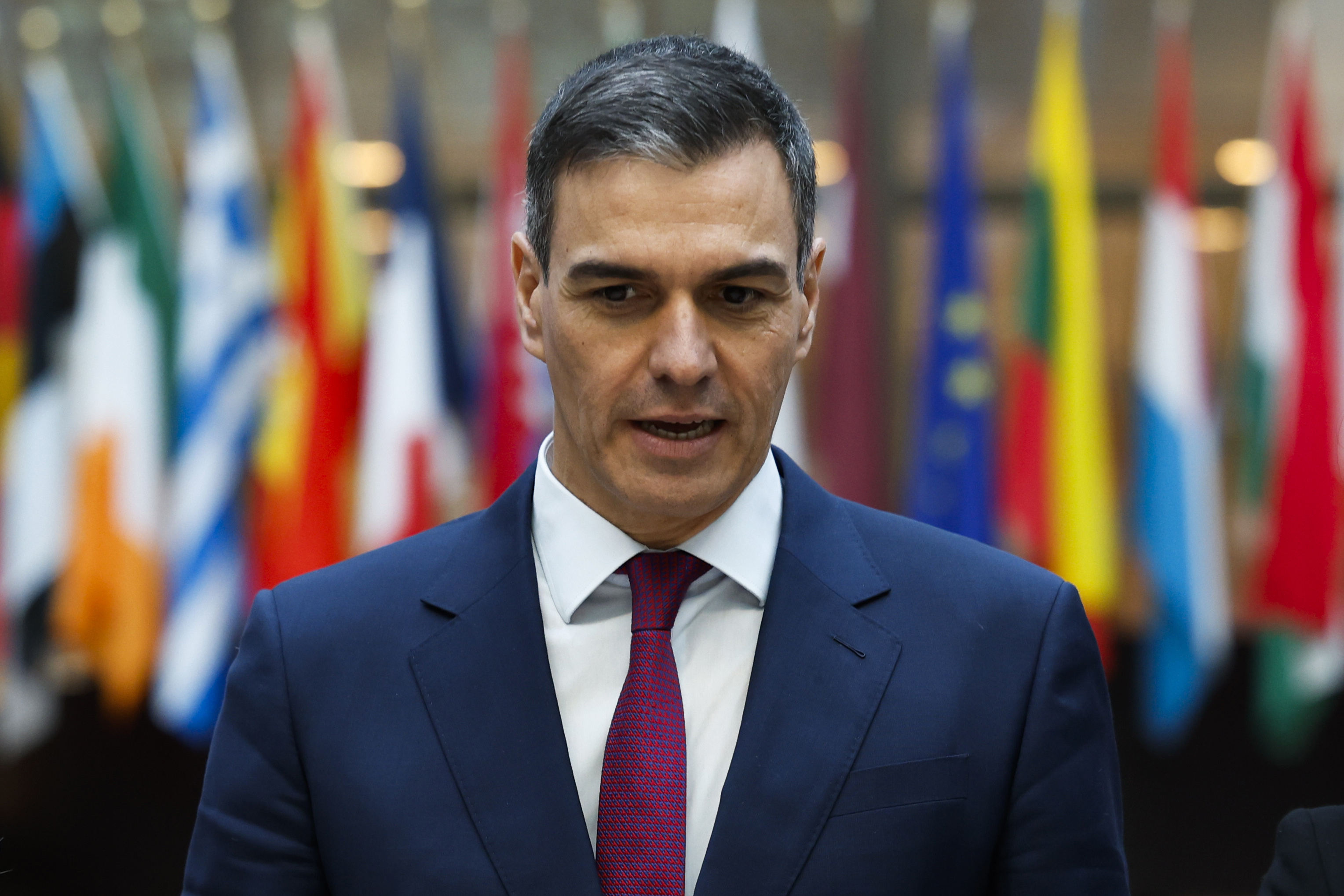The Greco, the Group of States against Corruption of the Council of Europe, "concludes that Spain has not satisfactorily implemented or addressed satisfactorily any of the 19 recommendations contained in the evaluation report of the fifth round." And this fifth round addresses "prevention of corruption and promotion of integrity in central governments, and law enforcement agencies."
This means that the Government has not implemented any of these 19 recommendations from the Council of Europe, which is the relevant international organization based in Strasbourg and aims to "promote democracy, human rights, and the rule of law in Europe and worldwide." This is stated in one of the two reports that this institution publishes today with, moreover, over 16 months of delay because the Government had blocked it.
This led, a few weeks ago, to the President of Greco, David Meyer, demanding that the Government lift the veto on the document. And now that it is made public, what is revealed is the total non-compliance by the Government. The recommendations range from "strengthening the current regime applicable to advisors, subjecting them to transparency and integrity requirements equivalent to those applicable to high-level executive personnel"; to "introducing rules on how high-level executive personnel engage with lobby groups and other third parties seeking to influence legislative and other government work."
In addition to these, there are others on the independence of the Transparency and Good Governance Council, the adoption of codes of conduct for senior executive personnel, or that "the Police and the Civil Guard carry out a strategic risk assessment of areas and activities prone to corruption to identify emerging problems and threats."
But there is more, because alongside that text, another one is published that is 10 months late and addresses the prevention of corruption in parliamentarians, judges, and prosecutors. In this second document, the Council emphasizes that there is one recommendation that the Government has not fulfilled in any case: that related to the General Council of the Judiciary (CGPJ).
"Greco recommended conducting an evaluation of the legislative framework governing the General Council of the Judiciary (CGPJ) and its effects on the real and perceived independence of this body from any undue influence, with the aim of addressing the identified deficiencies." Furthermore, "it reiterated the need to eliminate political interference in the selection of the judicial shift," and in the document published today "it regrets the lack of positive progress"
"Greco again refers to the Council of Europe's rules regarding the selection of the judicial shift in judicial councils: when there is a mixed composition in these councils, for the selection of judge members, the rules establish that judges must be chosen by their peers [following methods that ensure the broadest representation of the judiciary at all levels], and that political authorities, such as Parliament or the executive branch, should not participate in any stage of the selection process," it states.
The Council of Europe explains that in this evaluation, conducted in early June, the agreement reached by the PSOE and PP shortly after to unblock the renewal of the CGPJ is not included. But even if the pact had occurred earlier, the assessment would be the same because the measure has not yet materialized. The organization adds that this will be the last assessment they make on this matter, as what is referred to as the mission for Spain is already closed with that significant non-compliance.
